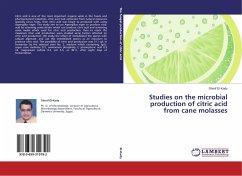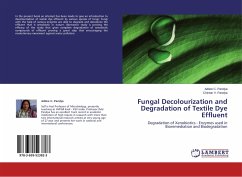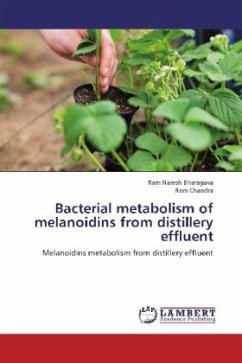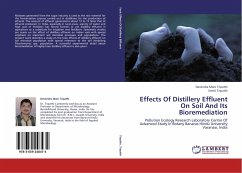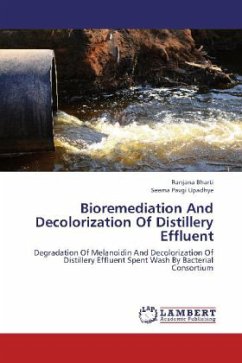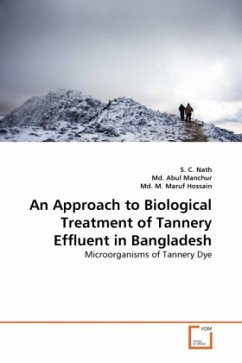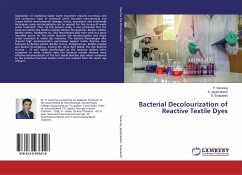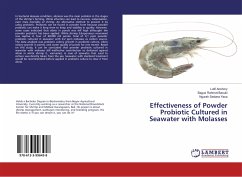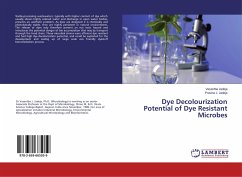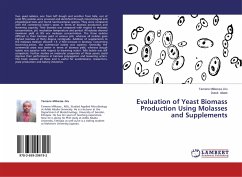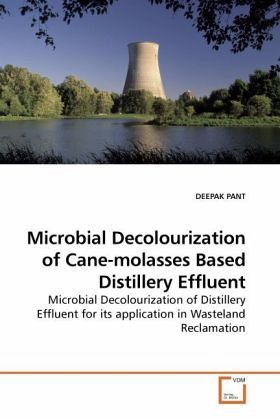
Microbial Decolourization of Cane-molasses Based Distillery Effluent
Microbial Decolourization of Distillery Effluent for its application in Wasteland Reclamation
Versandkostenfrei!
Versandfertig in 6-10 Tagen
52,99 €
inkl. MwSt.

PAYBACK Punkte
26 °P sammeln!
Distillery wastewater is generated during alcohol production and causes enormous pollution. Existing treatment methods use large quantities of water, are pollutant specific, less efficient and expensive than simple discharge without treatment. This book presents research focused on isolating microorganisms from effluent contaminated sites, capable of decolorizing the distillery effluent. Characterization of isolates was done and effect of pH, temperature and effluent concentration on growth of selected fungal isolates was investigated. Efforts were made to enhance the enzyme activity of the fu...
Distillery wastewater is generated during alcohol production and causes enormous pollution. Existing treatment methods use large quantities of water, are pollutant specific, less efficient and expensive than simple discharge without treatment. This book presents research focused on isolating microorganisms from effluent contaminated sites, capable of decolorizing the distillery effluent. Characterization of isolates was done and effect of pH, temperature and effluent concentration on growth of selected fungal isolates was investigated. Efforts were made to enhance the enzyme activity of the fungal isolates by choosing different growth substrates. An attempt was made to reduce the high nitrogen content in the distillery wastewater, which was identified as a deterrent in the growth of fungi at higher concentration of the effluent using a novel hydroponic treatment step before its treatment by immobilized fungi. The real industrial wastewater was treated employing the fungal consortia developed in this study. Finally an attempt was made towards mass production of these isolates for further application in consortium mode in an improvised bioreactor.



